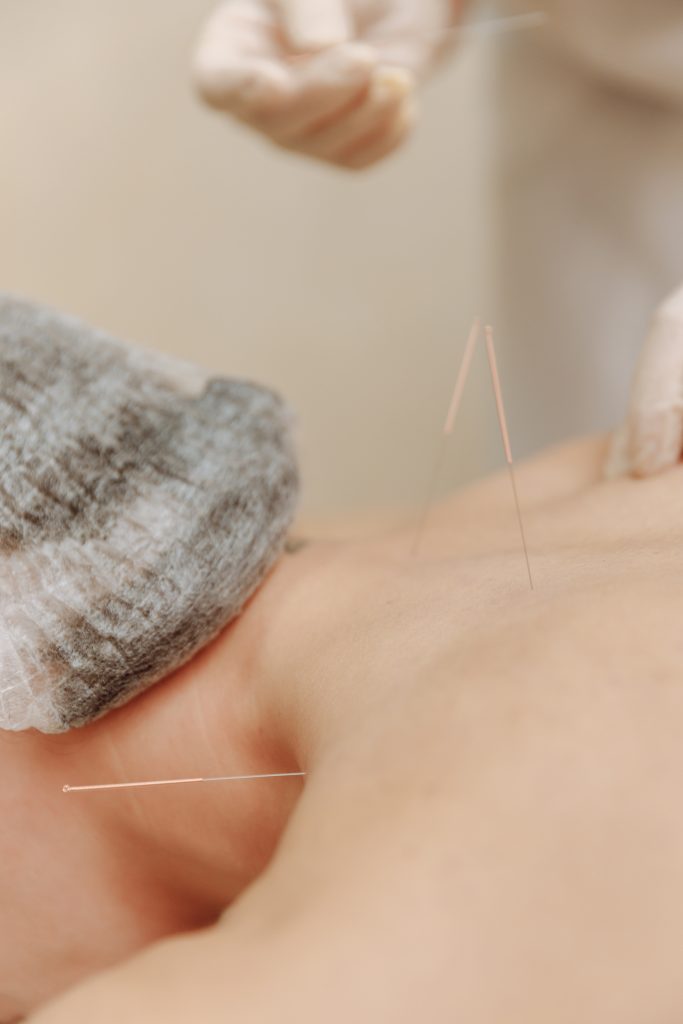Acupuncture is a traditional Chinese medicine practice that involves the insertion of thin needles into specific points on the body to alleviate pain and treat various health conditions. While some people may be hesitant to try acupuncture due to concerns about its safety and efficacy, numerous studies have shown that it is a safe and effective treatment option for a wide range of health issues.
One of the primary concerns about acupuncture is the risk of infection from the needles. However, acupuncturists are required to follow strict safety guidelines to prevent the transmission of infections. These guidelines include the use of sterile, disposable needles and proper disposal of used needles.
In addition to safety concerns, some people may question the efficacy of acupuncture. However, a growing body of research has shown that acupuncture can be effective in treating a wide range of conditions, including chronic pain, migraines, anxiety, and depression.
One study published in the Journal of Pain found that acupuncture was more effective than standard care for reducing chronic pain in patients with musculoskeletal conditions. Another study published in the Journal of Alternative and Complementary Medicine found that acupuncture was effective in reducing the frequency and severity of migraines.
Acupuncture has also been shown to be effective in treating mental health conditions such as anxiety and depression. A study published in the Journal of Acupuncture and Meridian Studies found that acupuncture was effective in reducing anxiety symptoms in patients with generalized anxiety disorder. Another study published in the Journal of Alternative and Complementary Medicine found that acupuncture was effective in reducing symptoms of depression in patients with major depressive disorder.
While more research is needed to fully understand the mechanisms behind acupuncture’s efficacy, some studies have suggested that it may work by stimulating the release of endorphins, which are natural painkillers produced by the body. Acupuncture may also work by stimulating the body’s immune system and promoting the flow of energy, or “qi,” through the body.
In conclusion, acupuncture is a safe and effective treatment option for a wide range of health conditions. While some people may have concerns about its safety and efficacy, numerous studies have shown that it can be an effective complement to traditional medical treatments. If you are considering acupuncture as a treatment option, consult with an acupuncturist at Mayfair Massage who can answer any questions you may have and help you determine if acupuncture is right for you.

Sources:
- “Acupuncture: In Depth.” National Center for Complementary and Integrative Health. https://www.nccih.nih.gov/health/acupuncture-in-depth
- Vickers AJ, Vertosick EA, Lewith G, et al. Acupuncture for Chronic Pain: Update of an Individual Patient Data Meta-Analysis. Journal of Pain. 2018;19(5):455-474. doi:10.1016/j.jpain.2017.11.005
- Li Y, Zheng H, Witt CM, et al. Acupuncture for Migraine without Aura: A Systematic Review and Meta-Analysis. Journal of Alternative and Complementary Medicine. 2019;25(7):687-698. doi:10.1089/acm.2019.0039
- Amorim D, Amado J, Brito I, Fiuza SM, Amorim N. Acupuncture and electroacupuncture for anxiety disorders: A systematic review of the clinical research. Journal of Acupuncture and Meridian Studies. 2018;11(5):273-283. doi:10.1016/j.jams.2018.08.002
- Zhang Y, Liang X, Litscher D, et al. Acupuncture Regulates the Depressed Status of Hypothalamus-Pituitary-Adrenal Axis in Chronic Stress-Induced Depression Through Upregulation of the Glucocorticoid


